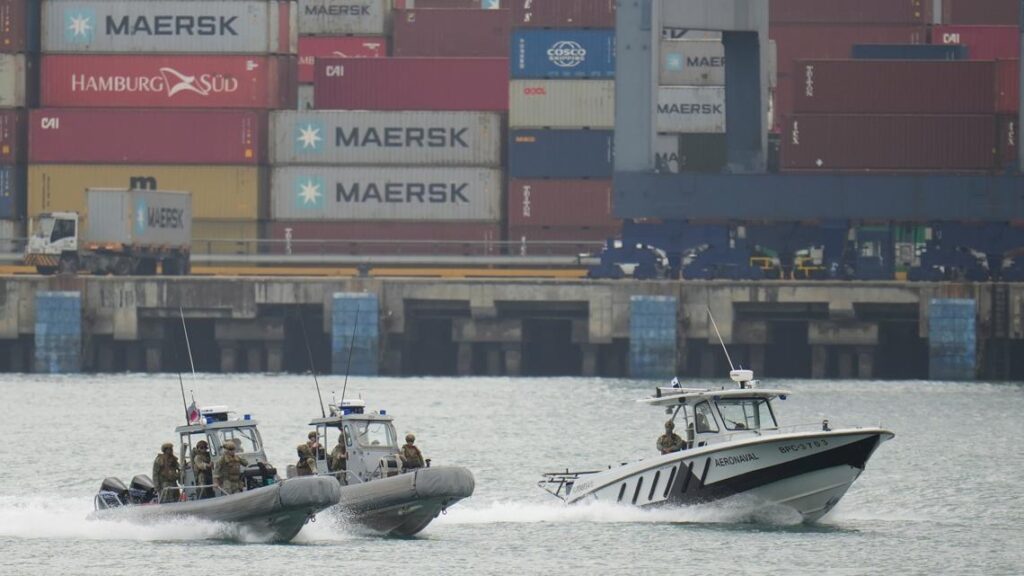In a fiery declaration underscoring rising global tensions, U.S. Secretary of Defense Pete Hegseth warned on Tuesday that the Panama Canal faces “ongoing threats” from China — a claim that has drawn sharp rebuke from Beijing and fueled geopolitical friction in the strategically vital region.
Speaking at a ribbon-cutting ceremony for a new U.S.-funded dock at the Vasco Núñez de Balboa Naval Base, Hegseth stated that the United States “will not allow China or any other country to threaten the canal’s operation,” calling the site a vital artery for global commerce and security.
“To this end, the United States and Panama have done more in recent weeks to strengthen our defense and security cooperation than we have in decades,” Hegseth told reporters following a two-hour meeting with Panamanian President José Raúl Mulino.
China Responds With Fury
The comments prompted an immediate and angry response from the Chinese government. In a statement posted to X (formerly Twitter), China’s embassy in Panama accused the United States of “blackmail” and “sensationalism,” insisting that Panama’s international partnerships are a “sovereign decision.”
“Who represents the real threat to the Canal? People will make their own judgment,” the embassy wrote, accusing Washington of manufacturing a so-called “theoretical Chinese threat” to serve its geopolitical interests.
Port Control Sparks Controversy
At the heart of the escalating tension is a Hong Kong-based consortium that holds a long-term lease on ports at both ends of the Panama Canal. That consortium, which has come under increasing scrutiny, announced it is selling its controlling stake to a group including U.S. investment giant BlackRock Inc.
U.S. officials, including Hegseth, have voiced concern that Chinese-controlled infrastructure around the canal could be used for surveillance or influence operations. “That gives China the potential to conduct surveillance activities across Panama. This makes Panama and the United States less secure,” Hegseth warned.
Panama has downplayed the risks, with President Mulino repeatedly denying that China has operational influence over the canal. “We aren’t going to speak about what is not reality, but rather those issues that interest both countries,” he said earlier this year.
Trump and the Canal
The visit comes as President Donald Trump intensifies rhetoric around the canal. He has claimed the U.S. is being overcharged for access and has even floated the controversial idea of reclaiming control over the waterway a suggestion that has drawn widespread international criticism.
Secretary of State Marco Rubio previously told Mulino that Trump believes China’s presence could violate the 1977 Panama Canal Treaty, which guarantees the canal’s neutrality and led to its handover from the U.S. to Panama in 1999.
U.S. Says “China Did Not Build This Canal”
Hegseth concluded his speech with a pointed message: “I want to be very clear: China did not build this canal. China does not operate this canal. And China will not weaponize this canal.”
He added that the U.S., in partnership with Panama, would ensure the canal remains open and secure “through the deterrent power of the strongest, most effective, and most lethal fighting force in the world.”
As the United States steps up its military and diplomatic presence in Panama, the once-neutral canal is fast becoming the center of a larger global power struggle between Washington and Beijing — with ripple effects reaching far beyond the waters that divide the Americas.



